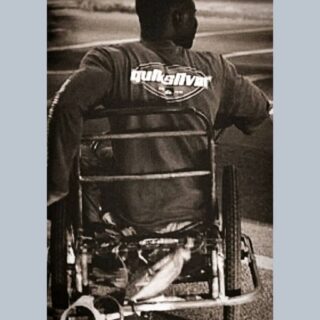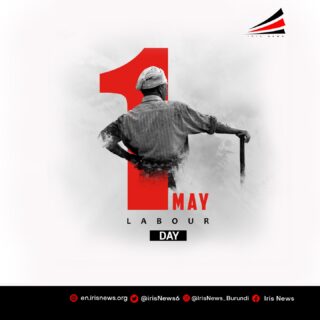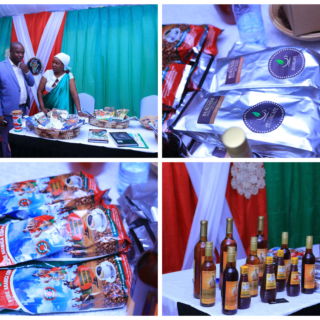
The Regional Secretariat for Durable Solutions (ReDSS) organized a captivating photo-video exhibition on August 28th, shedding light on the impactful activities carried out by ReDSS member organizations in support of displaced persons. The event served as a testament to the achievements of ReDSS since its establishment in 2020.
Unlike traditional humanitarian approaches, ReDSS which is funded by the European Union Emergency Trust Fund for Africa, takes a holistic stance by focusing on finding sustainable solutions to the challenges faced by forcibly displaced individuals. This secretariat’s efforts encompass the establishment of a robust financial architecture to support those affected by displacement, advocating for the integration of durable solutions into the development plans of host countries, and actively seeking long-term resolutions.
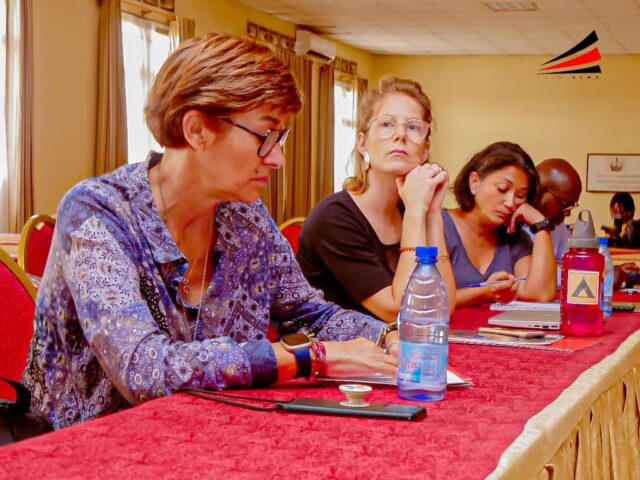
One of ReDSS’s notable achievements is its instrumental role in the development and implementation of the disaster reintegration policy in Burundi. By actively supporting this policy, ReDSS has contributed significantly to enabling displaced individuals to reintegrate into their communities smoothly.
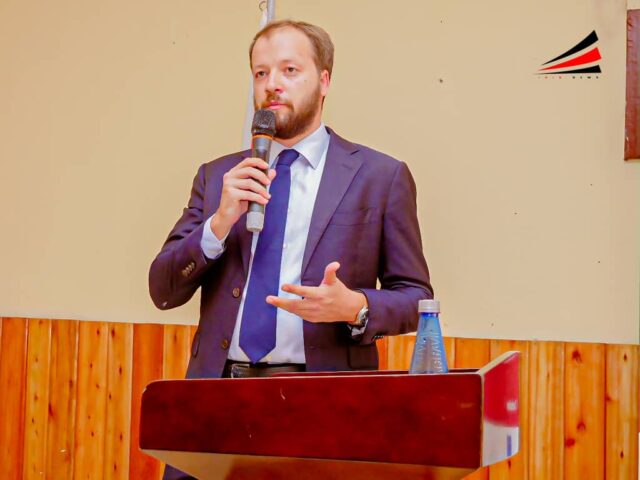
The secretariat also places great emphasis on enhancing access to sustainable livelihoods for displaced persons. Through capacity-building workshops, ReDSS equips key stakeholders in the field of forced displacement with the necessary skills and knowledge to support those affected.
Thibault Van Damme, Coordinator of ReDSS, emphasized: “A durable solution is achieved when displaced individuals return home voluntarily, seamlessly integrate into their communities of origin, and enjoy their full rights without discrimination based on their refugee status.”
ReDSS hailed for promoting resilience and social cohesion
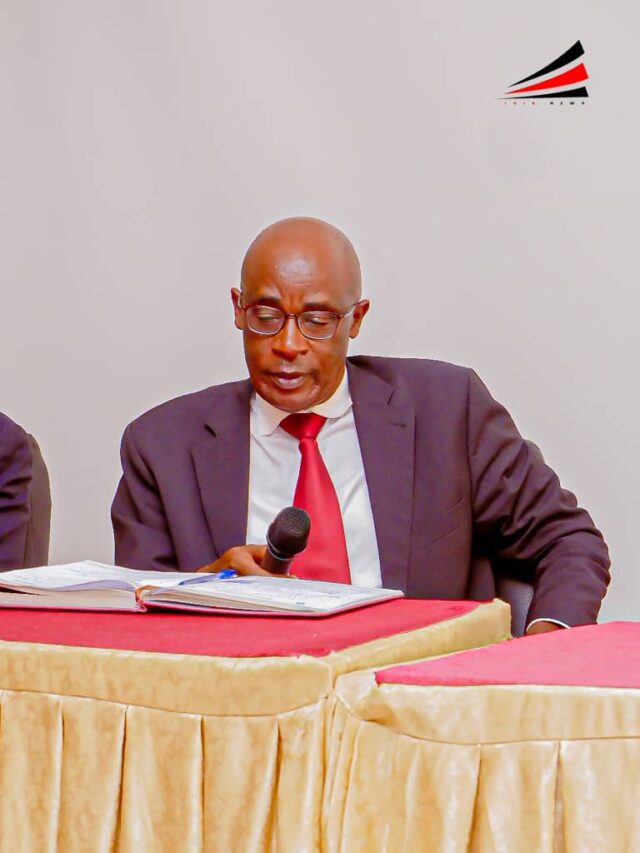
Fabien Yamuremye, Coordinator of the disaster reintegration project within the Ministry of National Solidarity, Social Affairs, Human Rights and Gender, praises the invaluable work undertaken by ReDSS. He highlights the secretariat’s ability to bring together diverse partners and promote projects aimed at enhancing resilience and social cohesion within displaced camps.
Antonio Capone, Head of Cooperation at the European Union Delegation in Burundi, expresses satisfaction with the positive outcomes achieved during the first phase of ReDSS and reaffirms the European Union’s continued support for the second phase. With a commitment of 40 million euros in the Great Lakes region, the European Union aims to foster durable solutions in countries hosting Burundian refugees. This includes protecting means of subsistence, facilitating peaceful resolution of land disputes, ensuring diploma equivalence, and organizing qualifying training programs tailored to the market needs of displaced individuals.
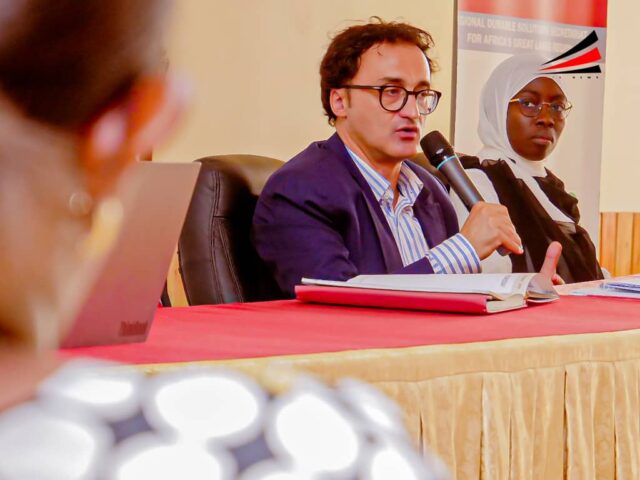
As the ReDSS photo-video exhibition drew to a close, it left attendees inspired and hopeful for a future where durable solutions become the cornerstone of addressing forced displacement. The commitment and dedication demonstrated by ReDSS and its partners serve as a beacon of hope, paving the way for a world where the rights and well-being of displaced persons are prioritized, ultimately fostering sustainable change and social progress.

